|
In the early 19th century, Romantic poet William Blake wrote a line which encompassed infinity: ‘to see a World in a Grain of Sand’. In these atoms of ink sat bubbling the promise of everything - from an expansive universe to the most petite of plants. One singular ‘Grain of Sand’ can be a way of opening up to a whole ‘World.’ In this blog I’ll be looking at why it is important to appreciate the tiny, the small, the daintiest of things.
0 Comments
On Sunday, streets all over the world were filled with people and decorations celebrating the Queen’s Platinum Jubilee. Now, I don’t know an awful lot about the monarchy but I do remember sitting alongside my friends, holding paper plates and eating chocolate cake in primary school - almost 10 years ago, celebrating the Diamond Jubilee - or was it a royal wedding?
This jubilee got me thinking - I found out that Queen Elizabeth is 96 years old and is currently the longest reigning queen in the world. 96 years is a very long time - almost a century - so for this blog I want to take a step back in time to the 1940s to see how well kids nowadays would fare in the times of a teenage queen E. The words that have been flooding every TikTok and Instagram feed on planet earth. We’ve seen the edits, the memes and those endless debates about whether Will’s actions were justified. In fact, there was so much conversation around the matter that it got me thinking…
Since it’s March, the month of Easter, baby sheep and daffodils, I thought I’d talk about the importance of education, for women in particular. Oh, and also because of the minor detail of March being Women’s History Month and the month of International Women’s Day. Before we get going, to any guys reading this- please keep reading! Having a blog which talks mainly about women and girls in the education system concerns men as much as it does women.
Last week I turned 16. I’d finally made it – but how did I feel? Surprisingly, indifferent. My parents on the other hand were ecstatic, overjoyed and overwhelmingly proud. My birthdays have always been big – it's something my parents insist on and a part of family life – but this year I wanted a change.
As a student you have so many priorities — your studies, extracurricular activities, social life and hobbies. But as the season of giving approaches, you might be thinking about contributing something more — and wondering if there are ways for you to really make a difference in your community.
Push would like to introduce the not-for-profit organisation, Future Frontline. We strive to give you as much relevant information as possible, be that through us or another extremely useful resource. Future Frontline is one of those resources. Check out their website, or search for ‘Future Frontlines’ in Spotify, Apple podcasts and Google podcasts.
Now, for this analogy to work I think it's pretty important that you understand I do not believe in astrology. This will not be a celebration of how my Year 9 career aptitude test told me I would be exactly where I am today, or the accuracy of my daily star chart.
Come to think of it, I don’t think I’ve ever looked at a daily star chart, nor am I interested in doing so. Don’t get me wrong, I think that astrology is incredibly smart! It takes very limited knowledge of an individual and provides some sort of conclusion to which they can think, “Huh… I do that.” It’s genius. However, I don’t think many of us would base a huge life decision off an astrology prediction… Researching and supporting a cause that matters to you this Xmas not only helps you. It can massively help others.
Supporting causes can help you work out what you want from life. Careers in the 21st century, when we are likely to work for longer than ever (and for different companies), will be based much more on company values and ethics than older generations - who tended to focus on a paternal "you'll move up through the ranks from apprentice to retirement" arm around the metaphorical shoulder, driven by financial security first, a job-for-life second, and perhaps striking lucky and enjoying your career third. Younger people, via social media, are much more aware of global issues and therefore how they want to fit into them (and ideally solve or improve them). As (a very different) Christmas approaches this year, it's a great time to think about our relationship to 'things'. The presents we choose to buy for loved ones and friends tells us more about our own relationship to consumerism (and money) than we realise...
Since money is tight this year, and budgets are stretched, can we all fuel our creativity and give a little more than physical presents this Christmas? Can we make the act of giving a more wise and inventive one? With presents that fulfill more than the physical item itself and instead do good for the planet, bring us closer together in an experience, or perhaps give a percentage of each sale to a charity you (and your loved ones) believe in? And surely, above all, turning our phones off and being truly present with those we care about is the best thing we can give in these strange bubble-like times? A recent BBC study found that the least likely group to go to university is currently white males from low-income families. Only 26% of students from low-income backgrounds have gone on to higher education this year, only half of them were white British males.
Nowadays everyone is (or should be) a champion for diversity and inclusivity, but what does that really mean? According to digital tech source, Built In: “Diversity refers to the traits and characteristics that make people unique, while inclusion refers to the behaviours and social normal that ensure people feel welcome.” One example of diversity is those of us who are differently abled, whether that’s a visible or invisible disability, and making sure that we feel included, represented and involved in society. But how can we do that? You might have heard the Prince’s Trust’s name thrown about before, but who are they and what do they do?
According to their website, the Prince’s Trust is a charity set up by Prince Charles over 40 years ago with the mission ‘to help young people transform their lives by developing the confidence and skills to live, learn and earn.’. The charity helps school leavers and young people to develop their soft skills, get additional training and provides tips and resources on getting a job. For the budding entrepreneurs among us, they also offer training, mentoring and funding to help you start your own business. In the news this week, the University of Leicester’s students have been praised for the success of their scheme to reduce waste associated with living in (and leaving) halls of residence.
The British Heart Foundation’s ‘Pack for Good’ scheme was set up to encourage first years and accommodation leavers to donate their discarded and unwanted items at the end of the year rather than binning them, and it has saved a whopping 39 tonnes of stuff from landfill. 39 tonnes! That’s 39 small cars, or 5.5 full-grown elephants. A quarter of a blue whale. When you’re deciding what would be the perfect career for you. Who do you turn to? There’s so many options available to us now that it seems so easy to hunt down what interests you and how you might go around turning that into a career.
While the options available to us all to find that perfect job are more than ever, new research by the OECD International economics think tank could show that we’re starting to already limit ourselves by the age of seven. Whether you’re a budding political scientist or you’d prefer to never hear the word “Brexit” again, it’s impossible to have missed the news that we have a general election coming up before Christmas. So…
What does that mean? Well, all of the seats in the House of Commons – so 650 members of parliament (or MP) roles – are up for grabs. On Election Day you vote for a local MP from a list of those standing in your area. These are usually affiliated with a political party, but some are independent. These are the people who’ll be deciding on public policy and laws, on everything from the future of the NHS to the dreaded “B”-word. As ever, there’s loads going on in the public sphere about climate change and what we can do to have a positive impact.
Recycling and taking the bus is old news by this point. By now, we all know that reducing our meat consumption can make the biggest difference to our carbon footprints, and the world is now paying attention to the rise of environmental influencers in the likes of Greta Thunberg, Earthling Ed and Immy Lucas. But who would have thought the latest veg warrior to join the climate crusade would be Bake Off’s very own Prue Leith? It’s a nasty thing to think about, and is often the unspoken elephant in the room, but when a fifth of all young people are victim to it, how come bullying is still such a taboo subject?
A study conducted by charity, Ditch the Label, found that 1/5 young people have been subjected to physical, verbal and cyber bullying. And the worst part is that the figures are almost identical to what was found last year – change just isn’t coming fast enough. Most people have some assumptions when it comes to uni, whether they have friends or family who have been before or not. And a lot of those will inevitably revolve around drinking.
Bargain basement uni bars, student clubbing nights with shots for £1, boozy society initiations, house/halls parties galore. It might seem like that’s all there is to the whole degree-earning business. Turns out, a whopping 79% of students are under the impression that ‘getting drunk is part of university culture’. Seems pretty inescapable. And although that’s not really true, and it’s perfectly doable to get through your uni years teetotal if that’s what floats your boat, the tide really does seem to be changing on the booze culture. Nowadays, we can’t go a few days without hearing about climate catastrophes, from the Amazon forest fires to the macabre memorial held by scientists at the demise of the first Icelandic glacier lost to climate change.
So it’s welcome news that next week marks another round of some of the most prolific, exciting demonstrations and strikes going – Youth Strike 4 Climate and Fridays for Future. This time, they’re not just for the young climate strikers, like Swedish sensation Greta Thunberg, who kick-started the climate crisis movement. Nothing is safe in the digital age, and recruitment is no exception. Gone are the days where employers rely solely on face-to-face traditional interviews.
Now you’ve got phone interviews, conference calls, Skype interviews, online or virtual aptitude tests and cognitive tasks. So, how do you prepare? Maybe you have the next thirty to forty years of your life mapped out perfectly, with a clear career goal in mind. You go, Glen Coco. We’re impressed.
Or maybe you don’t. That’s just as exciting — no one’s expecting you to have your life dreamt away by this point anyway. Either way, a great way to cash in some of your free time is to look into volunteering. The big ‘V’ is bounced around a lot when it comes to unis talking about what they want from students, advice from careers advisors and glamorous-looking ads for gap years in exotic destinations. But what can it mean for you? Well, it can mean just about whatever you want it to. You’d have to have your head in the sand to not know about the incredible climate change protests that young people throughout Europe have been spearheading over the past few months.
The Youth Strike 4 Climate movement, initiated by then 15 year old Greta Thunberg’s solo protest outside the Swedish parliament has spread like wildfire. Now, around 70,000 students and young people each week are holding rallies and protests across 270 towns and cities throughout the world. Not too shabby, for a bunch of meddling kids. La La Land! Wait…
For lots of people, an offer for a place at Oxbridge (either Oxford University of Cambridge University), two of the most highly esteemed educational institutions in the world, would be reason to be up shouting from the rooftops. But here at Push, we’re the first to say that there is no “perfect” university, no uni is the “best”. Trust us, ignore the league tables. It’s all about what’s right for you as a person, how you learn, what type of city or town you’d like to live in, whether you care about sport societies or film societies or pole fitness, Doctor Who or Quidditch. Every university offers something different, and student Anoushka Mutanda Dougherty has found just that. Anoushka, interviewed by the BBC over her uni search and applications, was offered a place at Cambridge University to study History. In the world we live in, it’s increasingly more valuable to be as internationally minded as you possibly can.
And no, we don’t mean that you should be mixing up your weekly tikka masala order, and would be better off getting the occasional Chinese or Italian takeaway instead. Being internationally minded - where you’re open to different cultural behaviours and attitudes, and can embrace new ideas from beyond your bubble - is a crucial and invaluable attribute. |
This section will not be visible in live published website. Below are your current settings: Current Number Of Columns are = 1 Expand Posts Area = Gap/Space Between Posts = 15px Blog Post Style = card Use of custom card colors instead of default colors = Blog Post Card Background Color = current color Blog Post Card Shadow Color = current color Blog Post Card Border Color = current color Publish the website and visit your blog page to see the results Categories
All
We're always interested to hear from talented young writers, so if you'd like to feature as a guest author then hit us up for more details.
|
Student blog: What's new?
Author
Write something about yourself. No need to be fancy, just an overview.
This website uses marketing and tracking technologies. Opting out of this will opt you out of all cookies, except for those needed to run the website. Note that some products may not work as well without tracking cookies.
Opt Out of Cookies
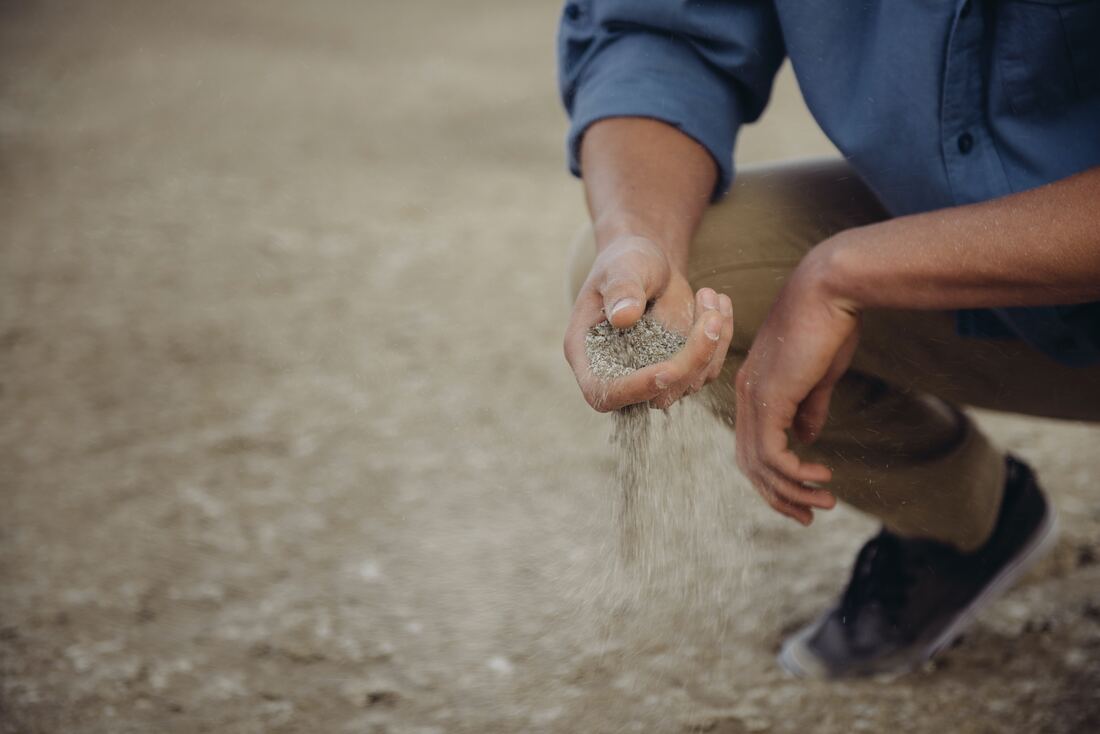

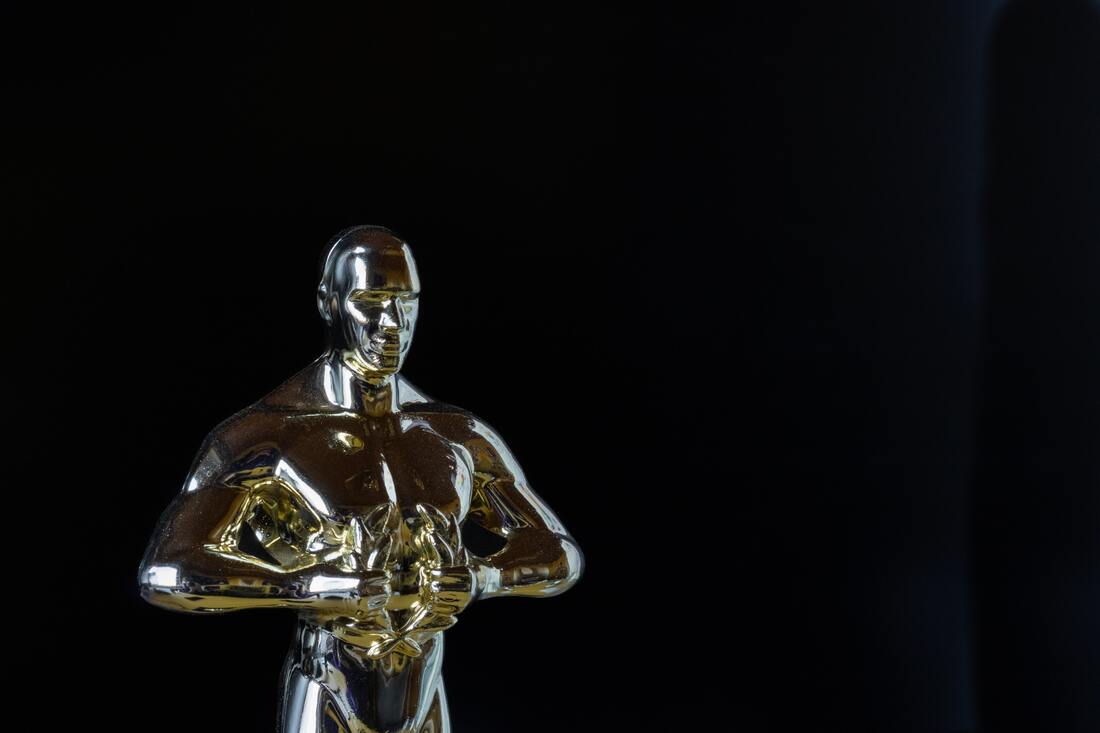







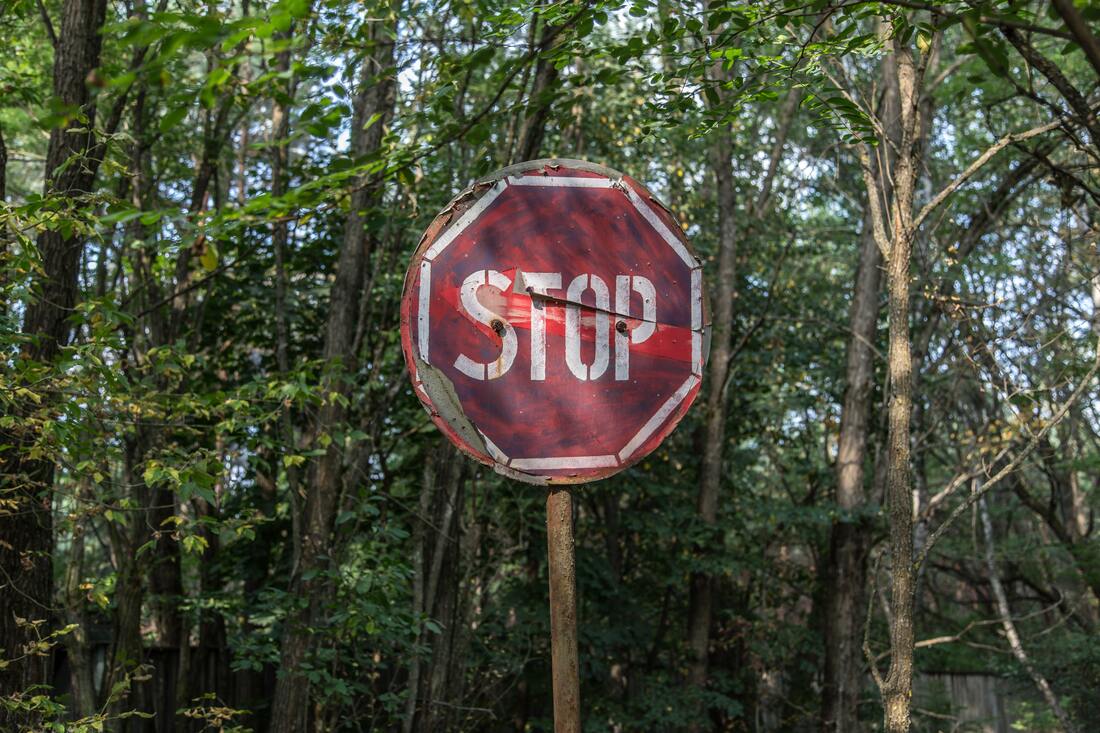


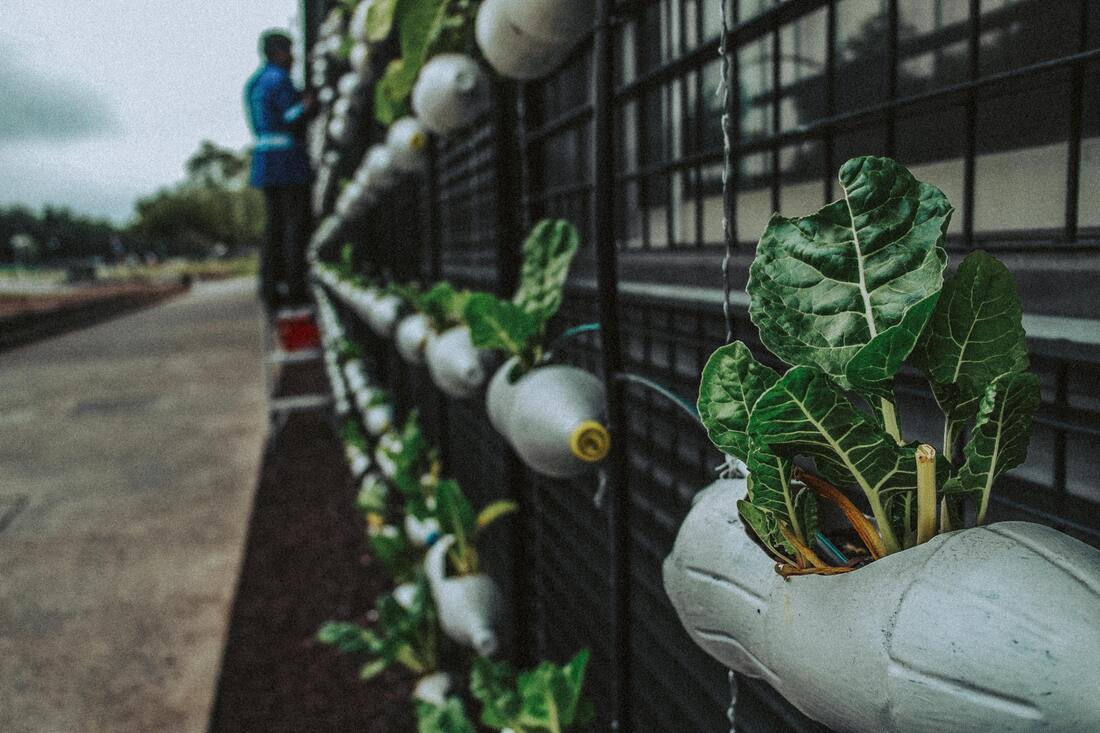


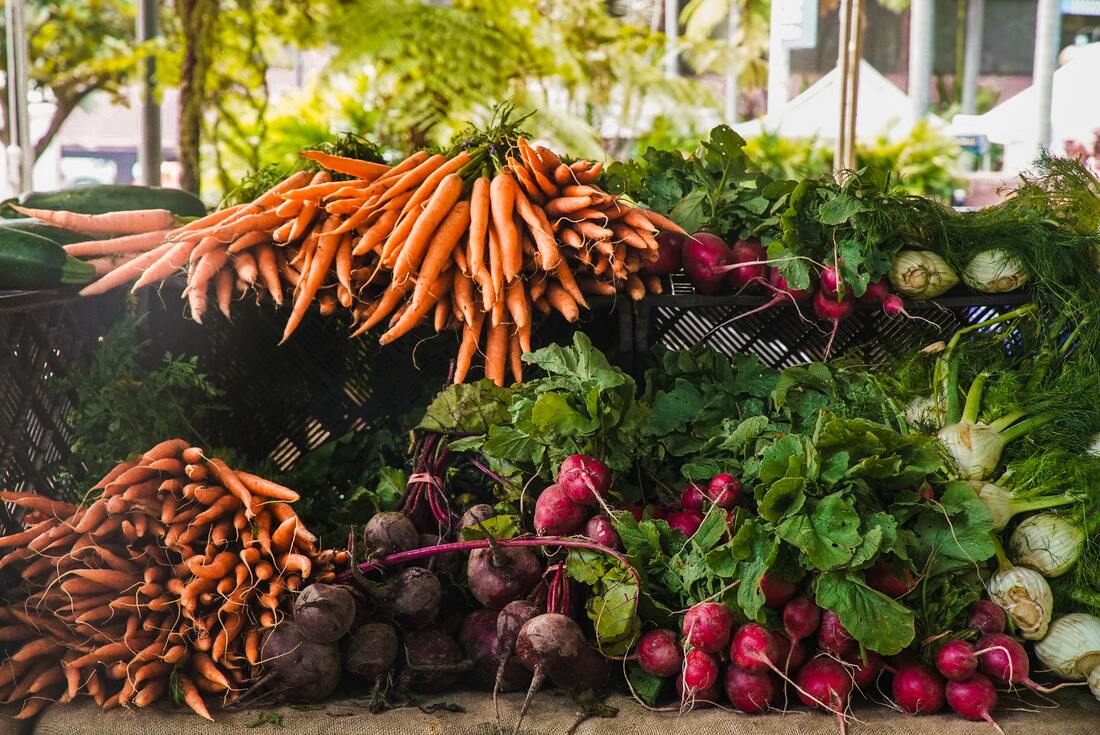
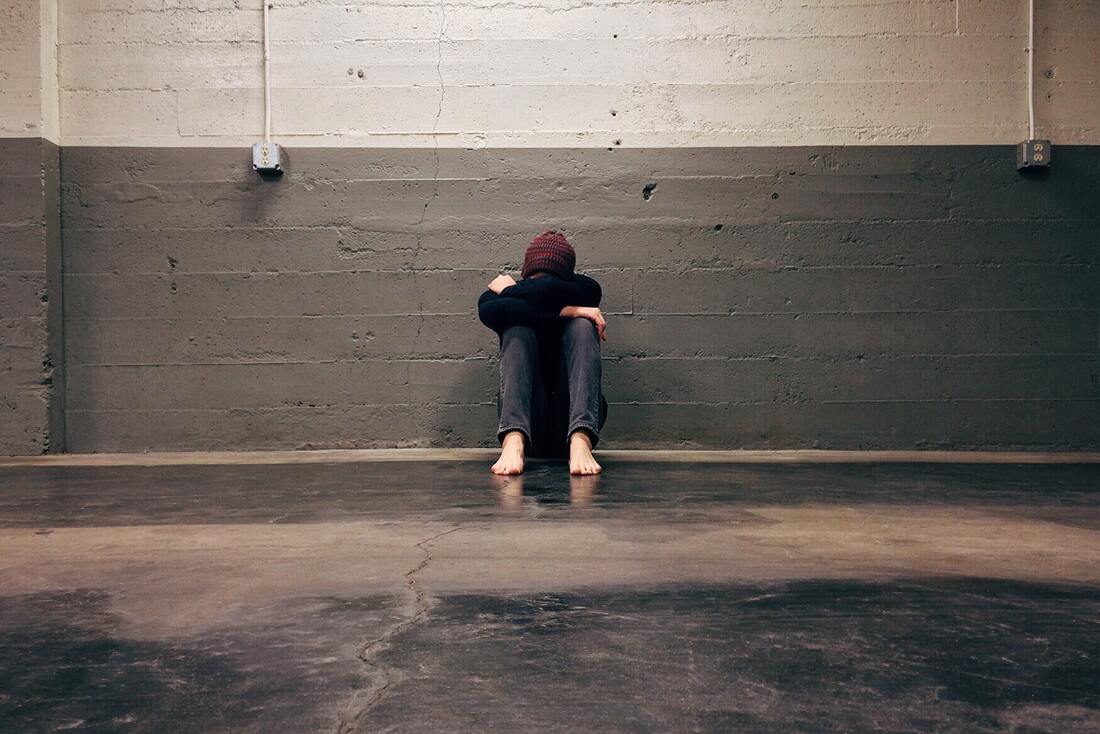



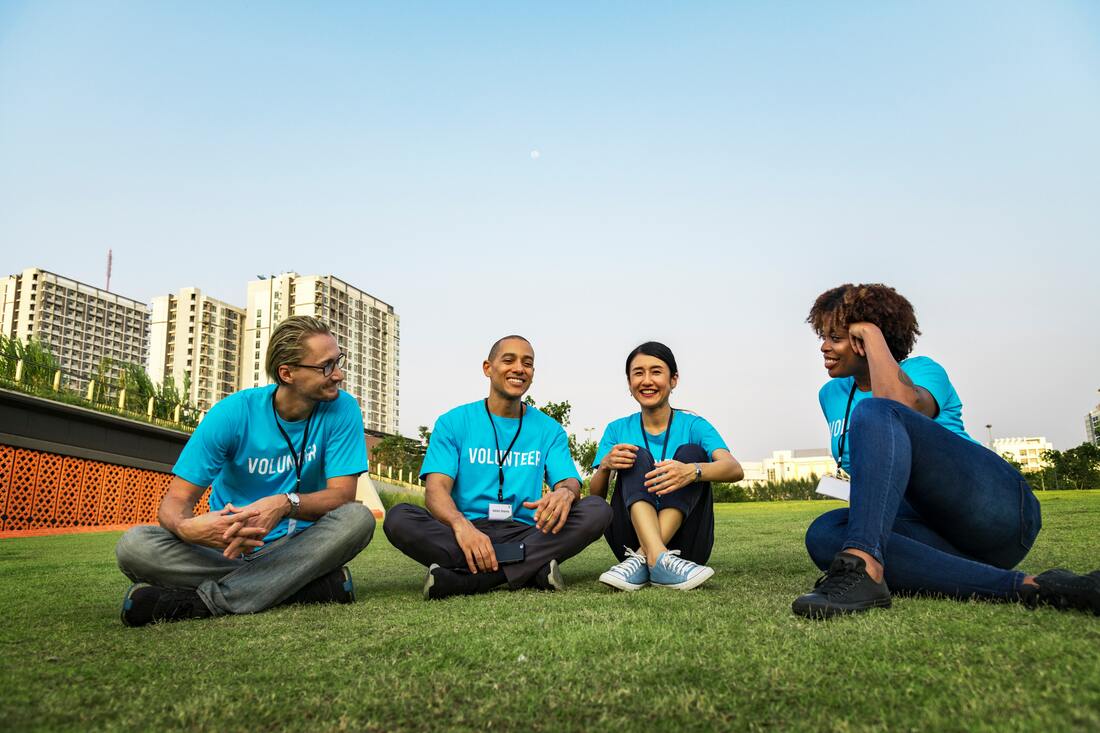


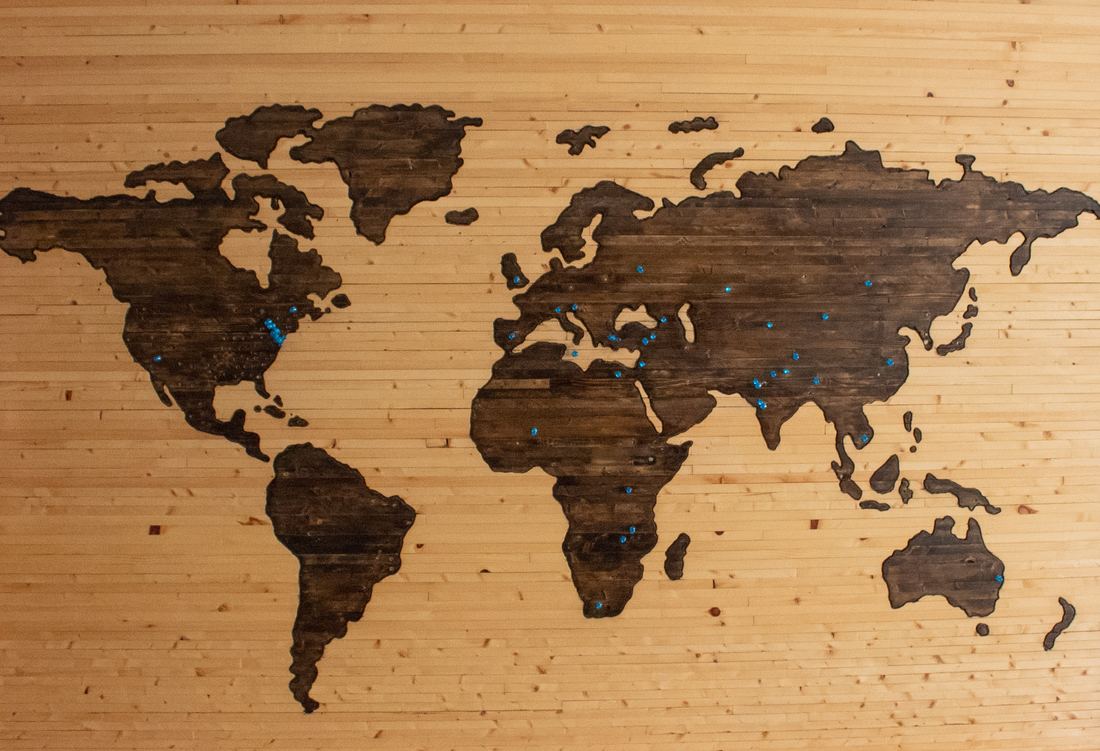
 RSS Feed
RSS Feed